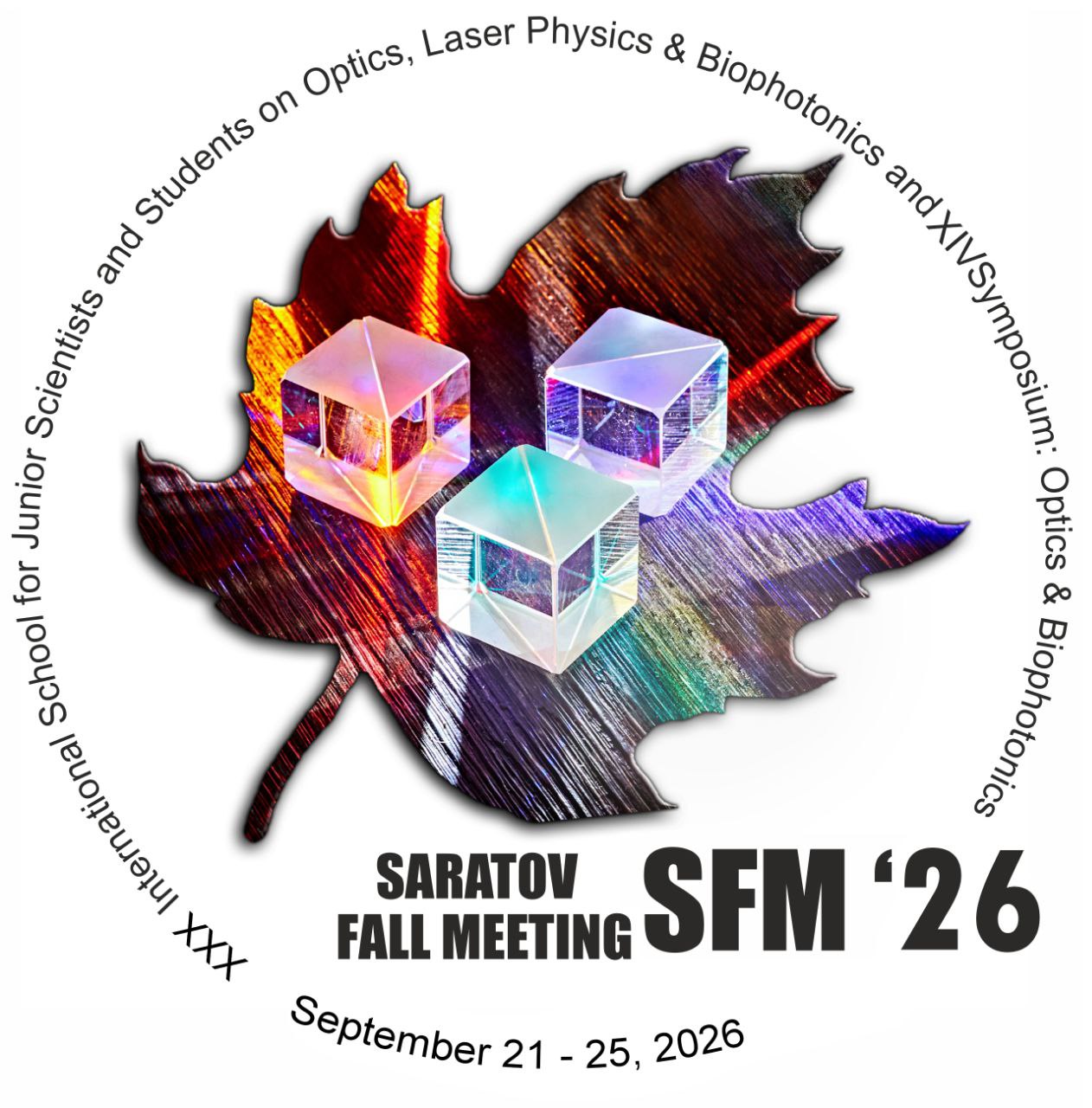The biological effects of THz radiation
Olga P. Cherkasova 1, 2
1 - Institute of Laser Physics, Siberian Branch, Russian Academy of Sciences, Novosibirsk, Russia
2 - Institute on Laser and Information Technologies - Branch of the Federal Scientific Research Centre "Crystallography and Photonics" of RAS, Shatura, Moscow Region, Russia
Abstract
The appearance of contemporary THz sources and detectors stimulates a rapid development of medical applications and causes an increased exposure of human population to THz waves [1-3]. This fact arouses anxiety concerning possible risks for humans being exposed to the THz radiation during medical diagnostics and therapy [4]. At the same time, the biological effects of THz radiation remain insufficiently investigated [5-8]. This raises a question on the response of biological systems to the THz exposure with different physical parameters, as well as on evaluation of the adverse health effect threshold. In this paper we overview recent research results in the area of biological effects at exposure of molecules, cells and tissues to THz radiation.
[1] O.P. Cherkasova et al, Optics & Spectroscopy, 128(6), 855–866 (2020).
[2] K.I. Zaytsev et al, Journal of Optics, 2020, DOI: 10.1088/2040-8986/ab4dc3.
[3] A. I. Nikitkina et al, Journal of Biomedical Optics, 26(4), 043005-1 - 043005-26 (2021).
[4] V.I. Fedorov, Biophysics, 62(2), 324-330, 2017.
[5] I. Il’ina et al, High Temperature, 56 (5), 789–810, 2018.
[6] V. Fedorov et al, Journal of Optical Technology, 84 (8), 509–514, 2017.
[7] M.-O. Mattsson et al, Journal of Infrared, Millimeter, and Terahertz Waves, 39(9), 863–878, 2018.
[8] E.F. Nemova et al, Biophysics 65, 410 (2020).
File with abstract
Speaker
Olga P. Cherkasova
Institute of Laser Physics, Siberian Branch, Russian Academy of Sciences, Novosibirsk, Russia
Russia
Discussion
Ask question


